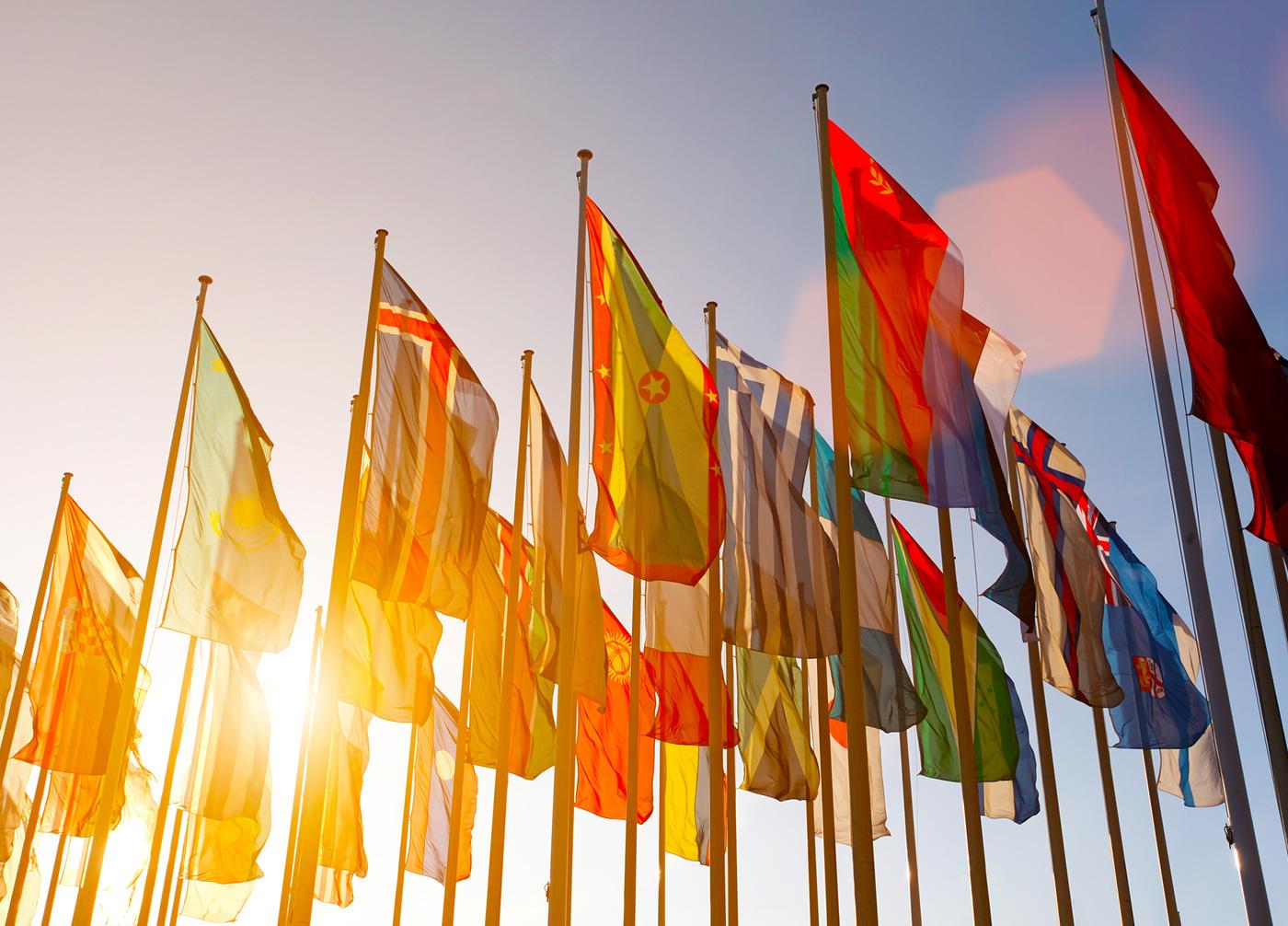Later this month, the World Trade Organization (WTO) and the World Intellectual Property Organization (WIPO) will convene international stakeholders to discuss patents and other intellectual property (IP) protections. These meetings can be platforms for productive conversations that advance innovation. But sadly, they have evolved into discussions of ways to weaken global rules that foster innovation and promote access to new ideas, brands and inventions.
This trend is particularly alarming for the millions of women and men worldwide who have dedicated their careers to medical research and discovery. Studies have demonstrated that IP protections play a vital role in driving medical progress and ensuring that patients are able to access the medicines they need. Yet, a few countries seem dedicated to weakening these critical protections.
The most recent example is a communication from Brazil and India on “Intellectual Property and the Public Interest.” Scheduled for discussion at a WTO intellectual property meeting this week in Geneva, Switzerland, the document absurdly questions whether global rules that promote and protect innovation further public interest goals. It urges countries to weaken IP and to discuss their experience in eliminating patent protections.
Undermining IP protections not only harms innovation and access, it’s also largely out-of-step with the priorities and actions of the international community. In fact, much of the world is moving beyond the basic minimum protections that the WTO TRIPS Agreement and other international treaties provide. For example, a number of countries, including China, the UAE, Pakistan, Malaysia and Taiwan, have recently introduced new proposals to better protect and enforce intellectual property.
Other countries are undertaking initiatives to more efficiently manage IP through programs like the Patent Prosecution Highway, which accelerates patent prosecution by enabling information sharing between patent offices. Even smaller states like Fiji derive huge benefits from intellectual property. Mineral water accounts for nearly twenty percent of Fiji’s exports due largely to the success of the trademarked Fiji Water™ brand. These examples demonstrate a clear global movement, and one that international forums like the WTO and WIPO should recognize and address.
International forums are important venues for stakeholders to come together and hold constructive conversations on IP issues. Rather than discussing ways to weaken IP protections, they should focus on developing solutions that improve competitiveness and foster new ideas and inventions that benefit people around the world. Brazil and India may not want the benefits of innovation, but that doesn’t mean the rest of the world has to go along.


